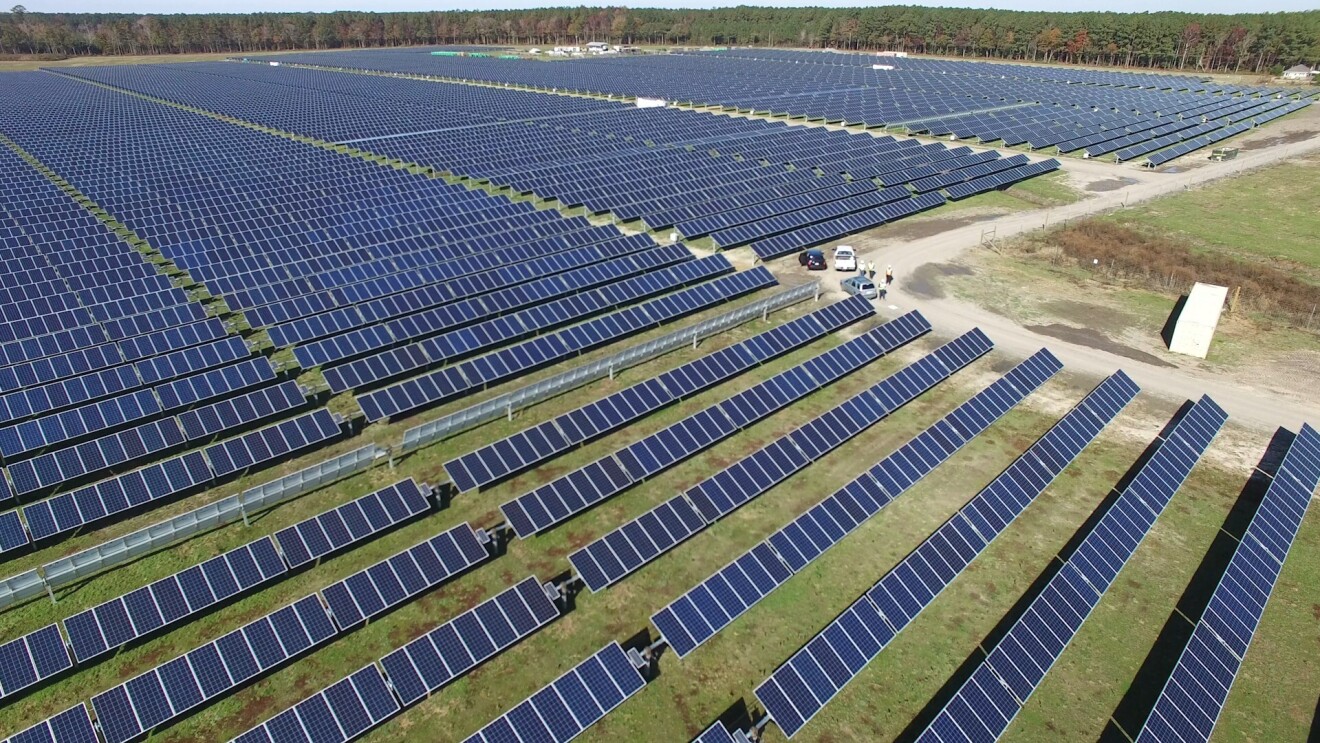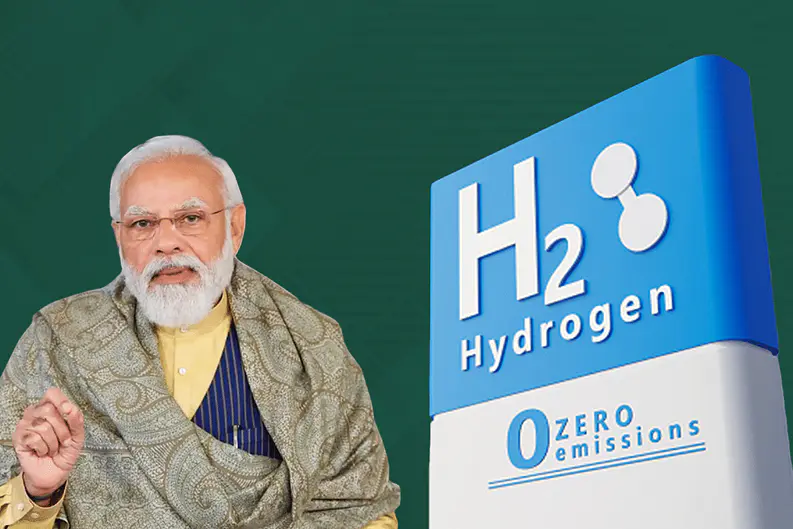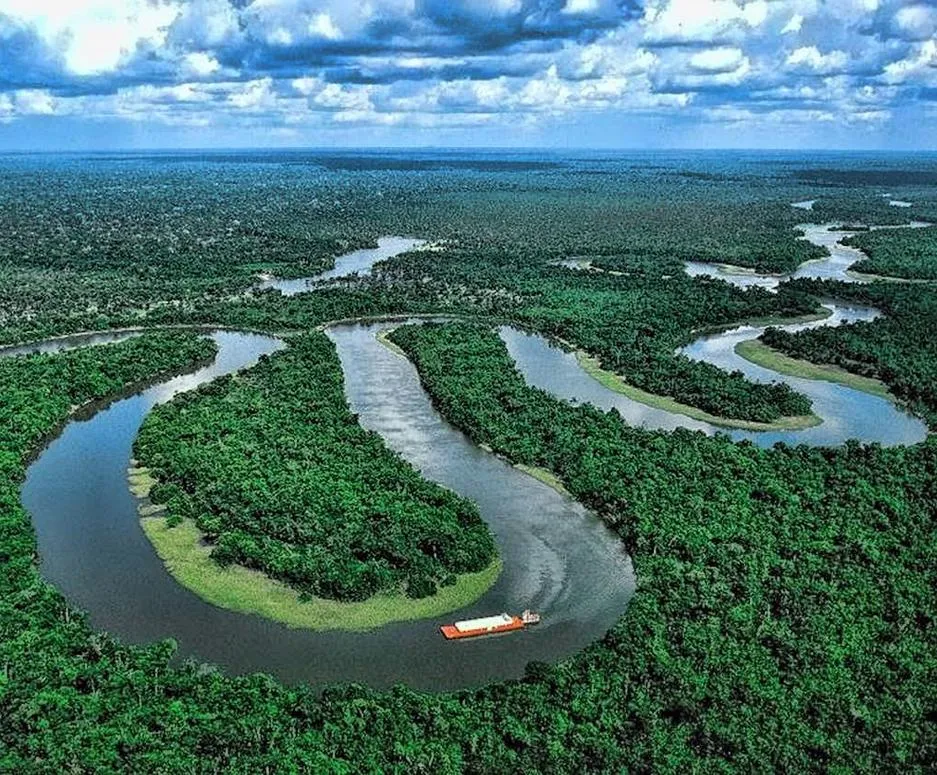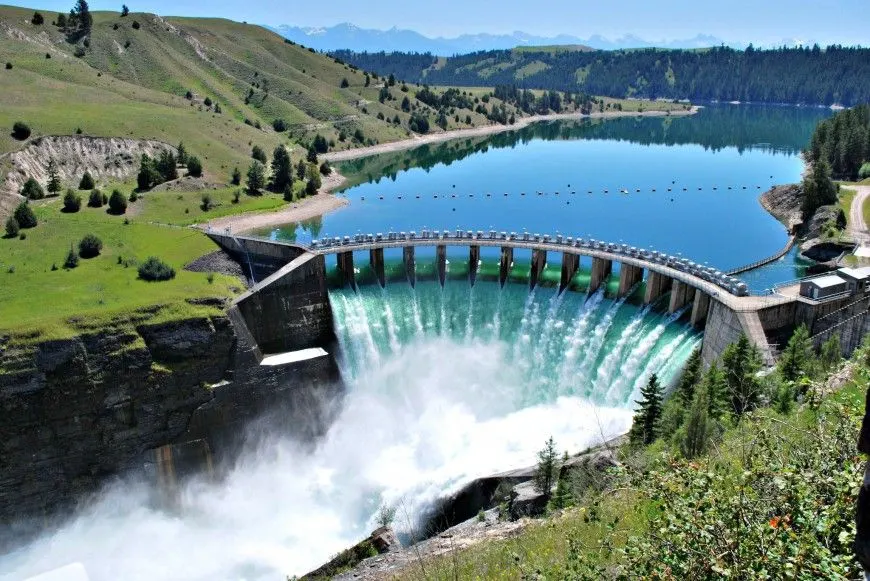The European Union is planning on ending the EU’s reliance on Russian fossil fuels will require a massive scale-up of renewables as well as faster electrification and replacement of fossil-based heat and fuel in industry, buildings and the transport sector. The clean energy transition will help lower energy prices over time and reduce import dependency.
In the response to the hardships and global energy market disruption caused by Russia’s invasion of Ukraine, the European Commission presented the REPowerEU Plan.
The EU is a plan for saving energy, producing clean energy, diversifying our energy supplies. New European Union plan It is backed by financial and legal measures to build the new energy infrastructure and system that Europe needs.
According to European Commission; The new geopolitical and energy market realities require us to drastically accelerate our clean energy transition and increase Europe’s energy independence from unreliable suppliers and volatile fossil fuels. REPowerEU is the European Commission’s plan to make Europe independent from Russian fossil fuels well before 2030, in light of Russia’s invasion of Ukraine.
85% of Europeans believe that the EU should reduce its dependency on Russian gas and oil as soon as possible to support Ukraine. By acting as a Union, Europe can achieve this faster. The REPowerEU plan sets out a series of measures to rapidly reduce dependence on Russian fossil fuels and fast forward the green transition, while increasing the resilience of the EU-wide energy system.
The EU is working with international partners to find alternative energy supplies. In the short-term, we need alternative supplies of gas, oil and coal as quickly as possible, and looking to the future we will need renewable hydrogen too.
Renewables are the cheapest and cleanest energy available, and can be generated domestically, reducing our need for energy imports. The Commission is proposing to increase the EU’s 2030 target for renewables from the current 40% to 45%. The REPowerEU Plan would bring the total renewable energy generation capacities to 1,236 GW by 2030, in comparison to the 1,067 GW by 2030, envisaged under Fit for 55 for 2030.
The EU Solar Energy Strategy will boost the roll-out of photovoltaic energy. As part of the REPowerEU plan, this strategy aims to bring online over 320 GW of solar photovoltaic newly installed by 2025, over twice today’s level, and almost 600 GW by 2030. These frontloaded additional capacities displace the consumption of 9 bcm of natural gas annually by 2027.
Member States can use the remaining RRF loans (currently €225 billion) and new RRF grants funded by the auctioning of Emission Trading System allowances, currently held in the Market Stability Reserve, worth €20 billion.
Discover more from Green Innovation News
Subscribe to get the latest posts sent to your email.





